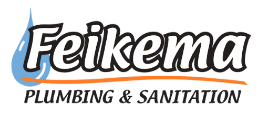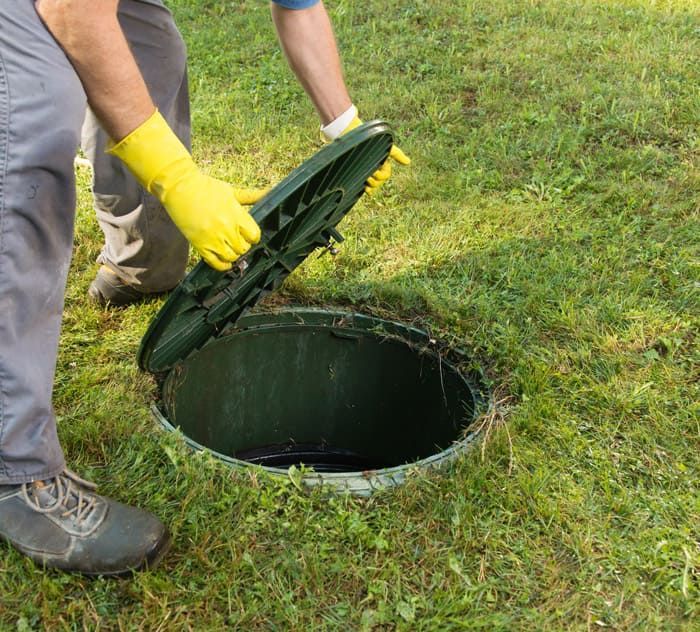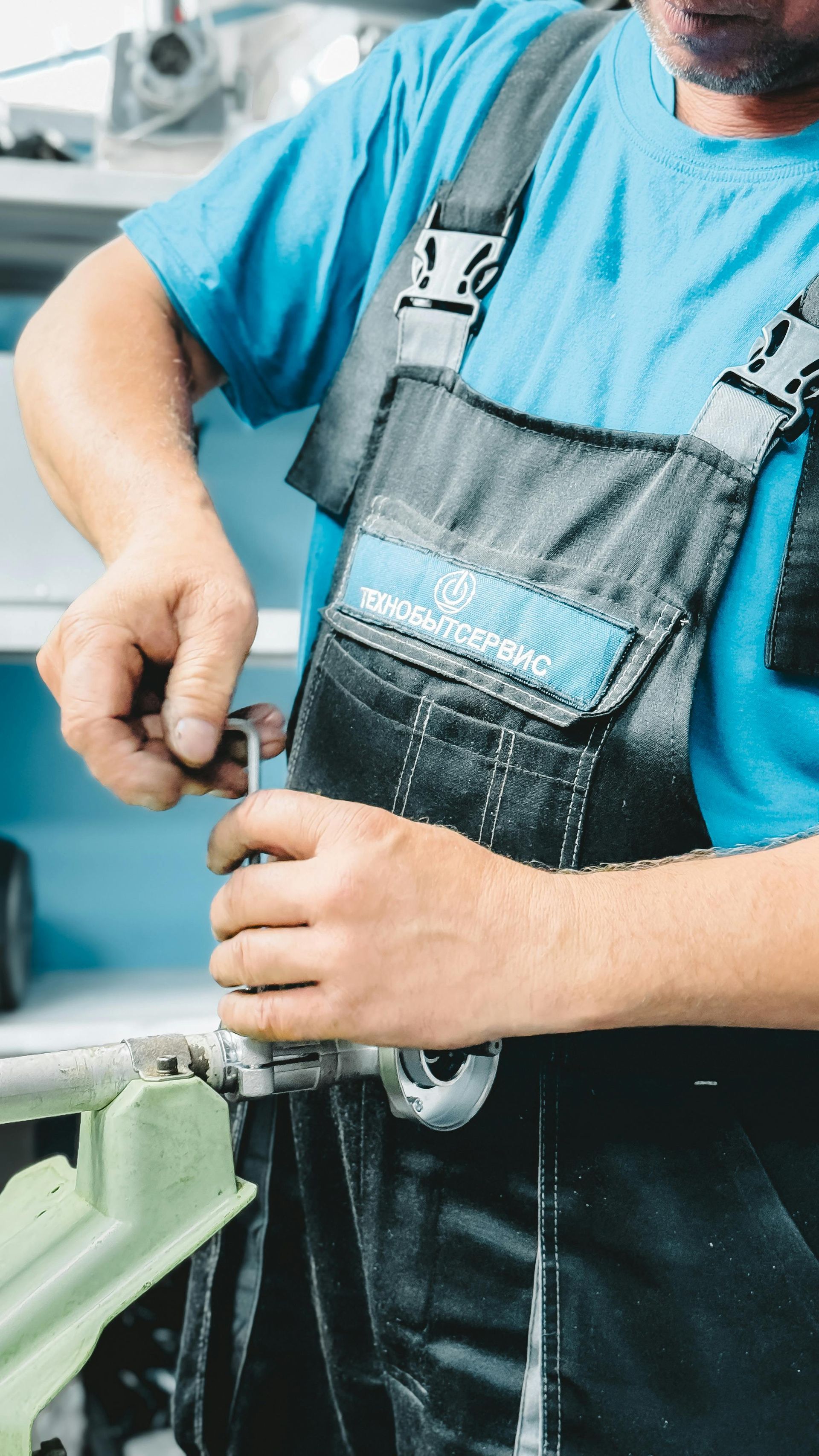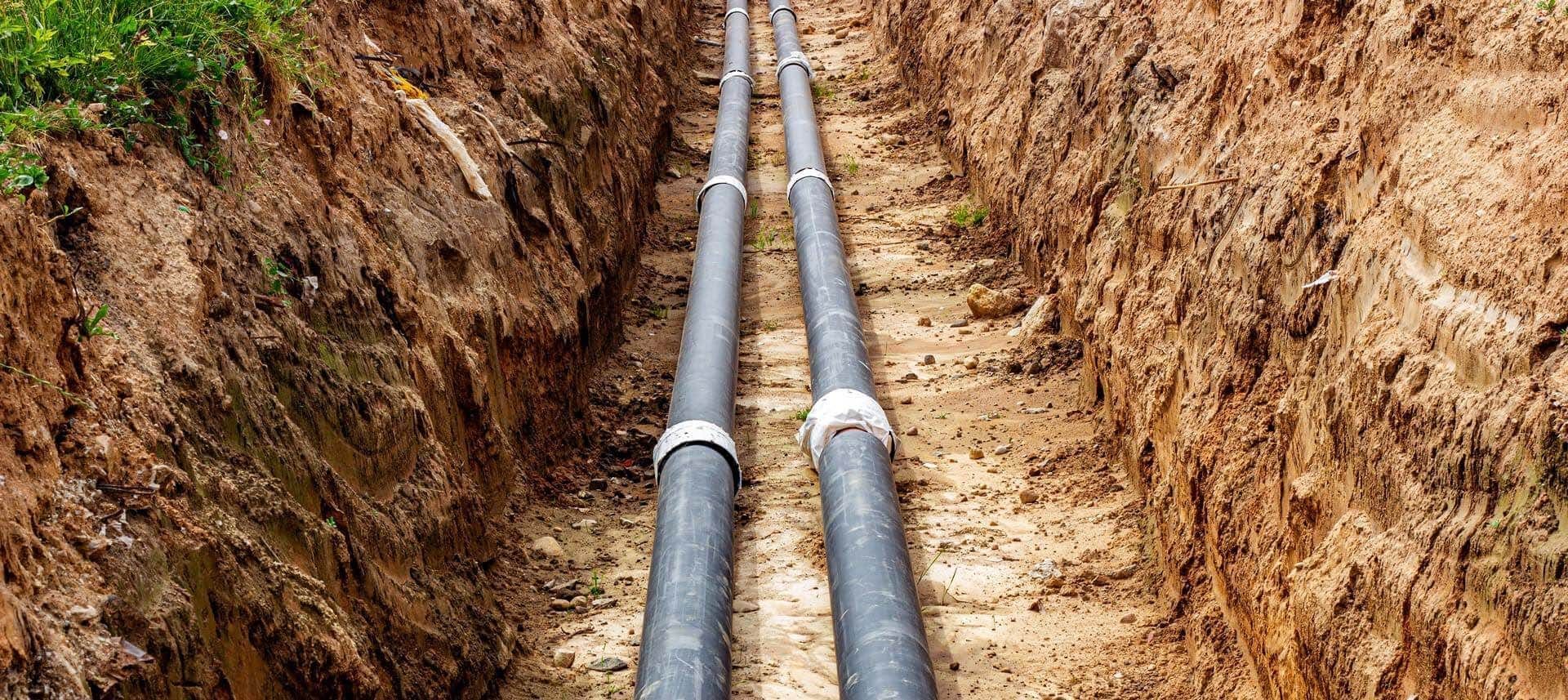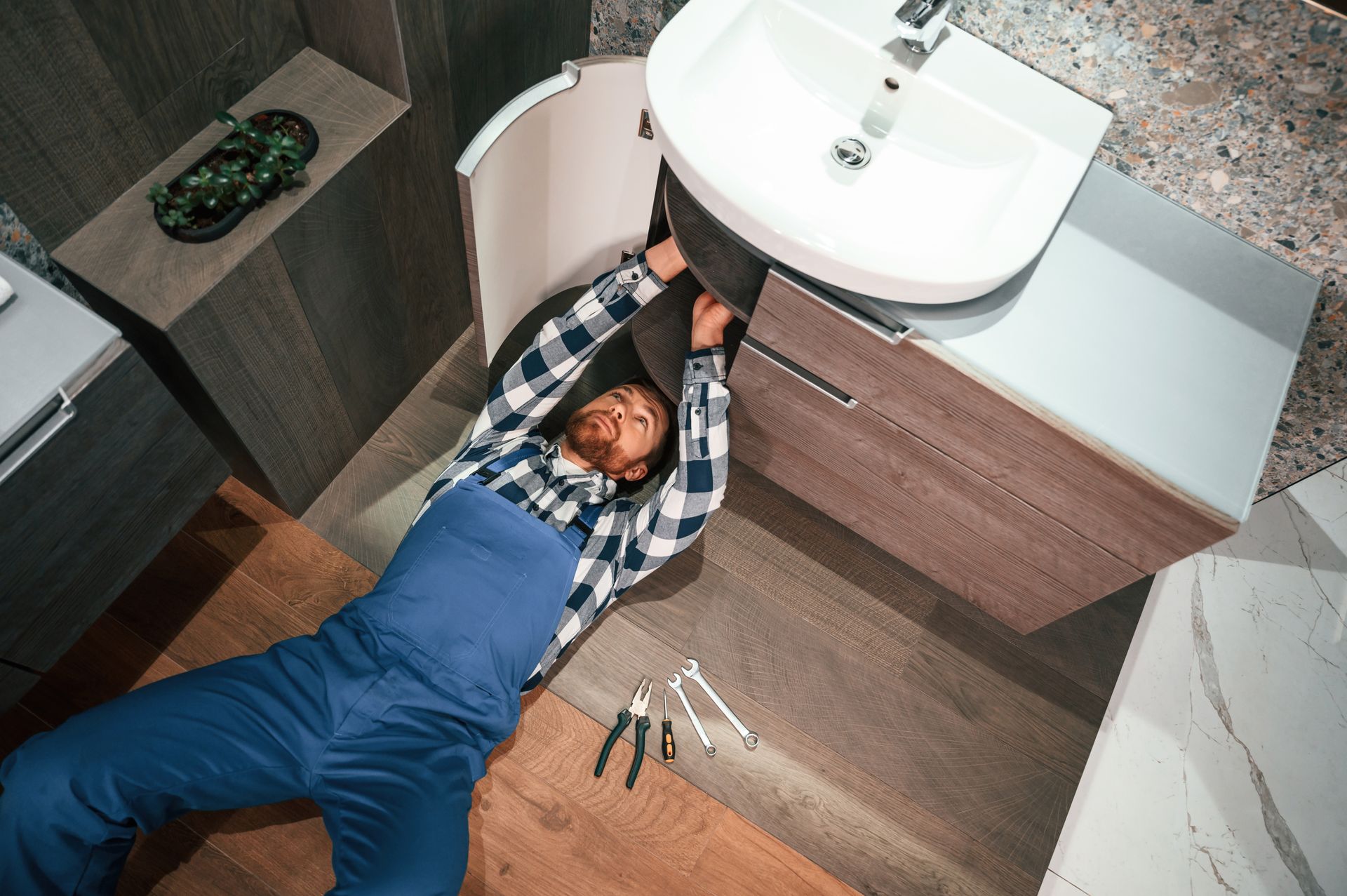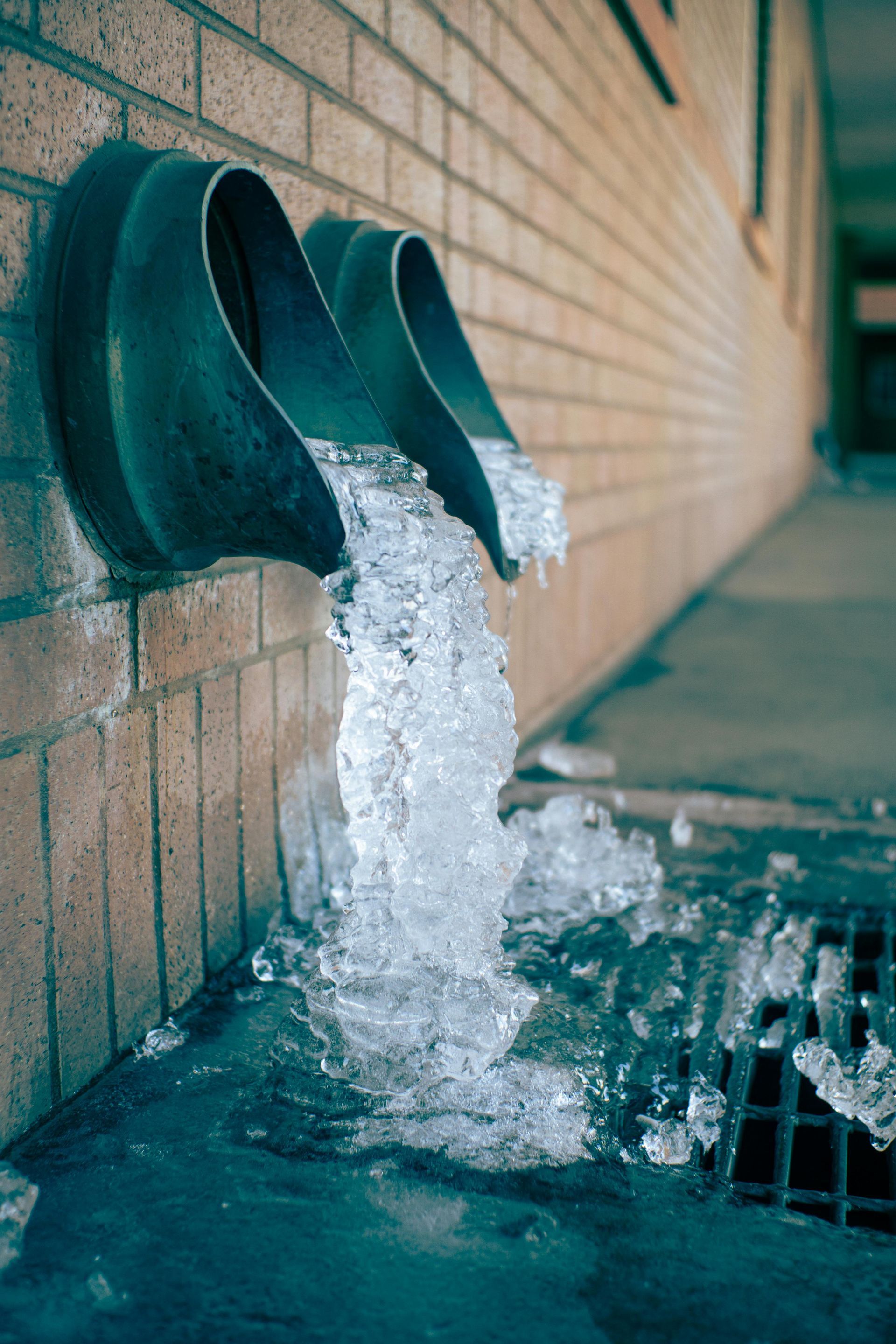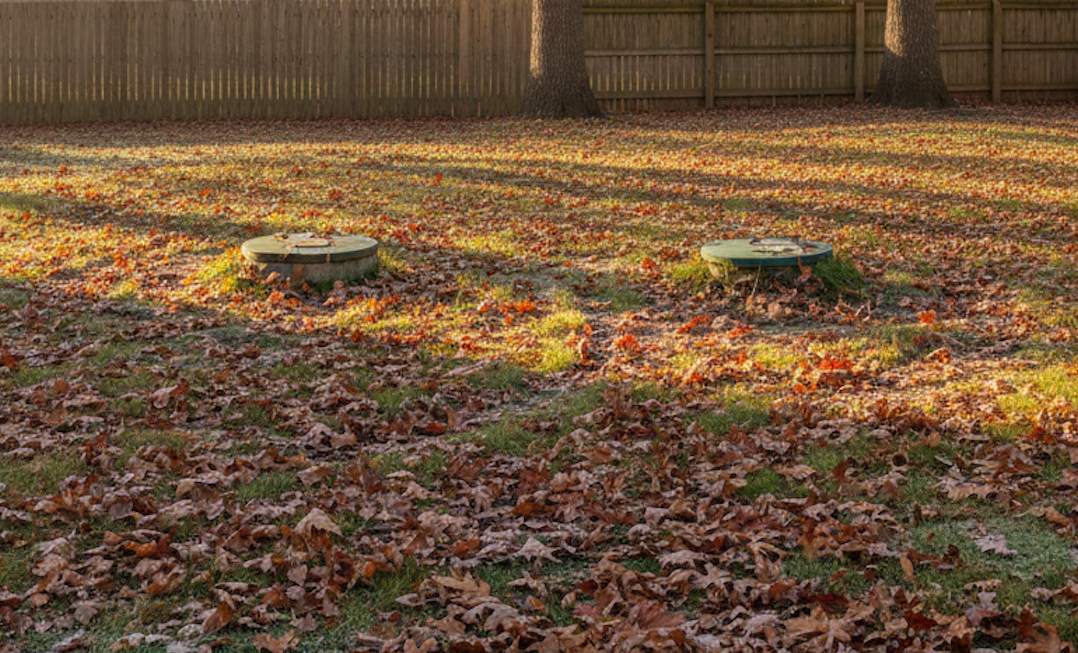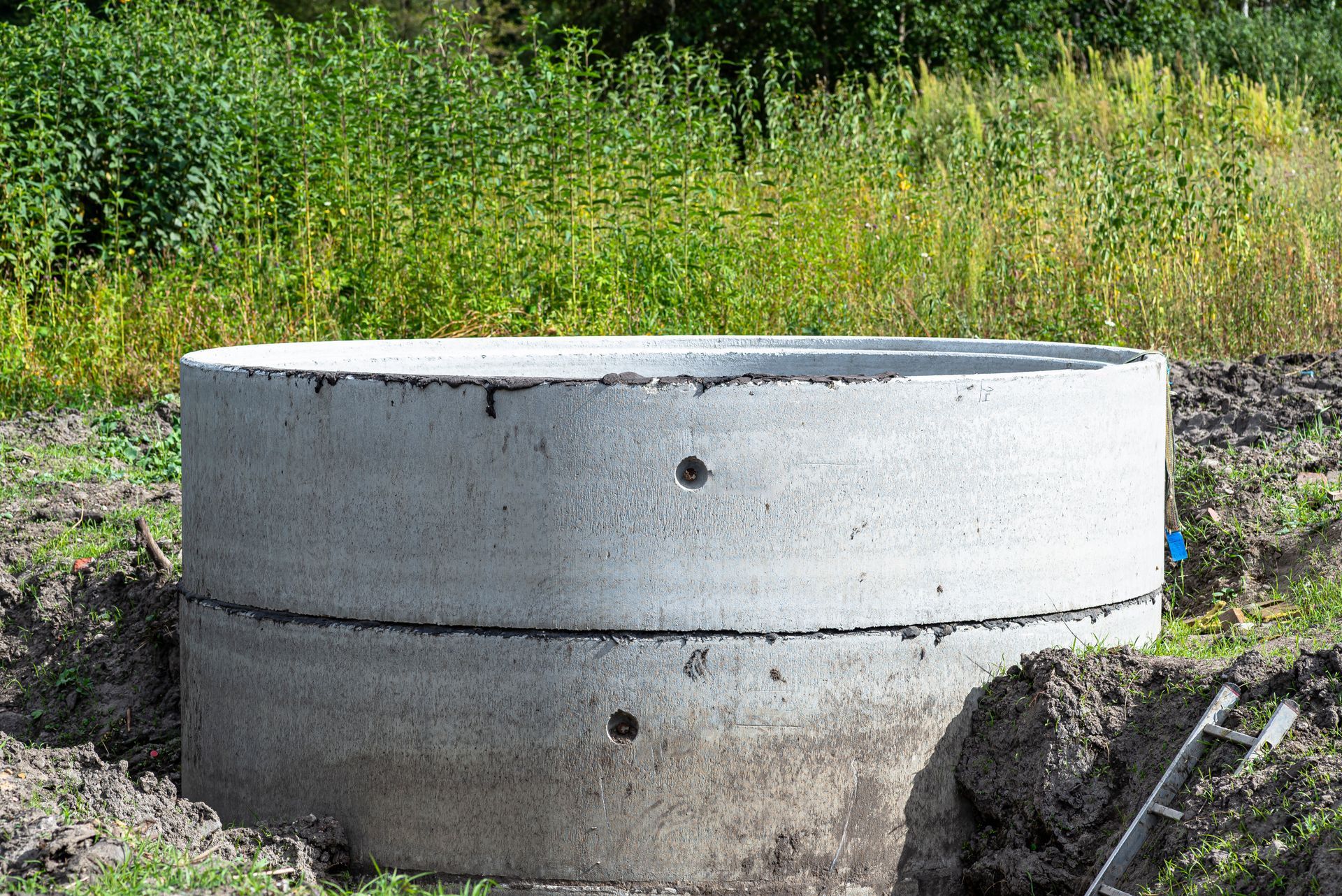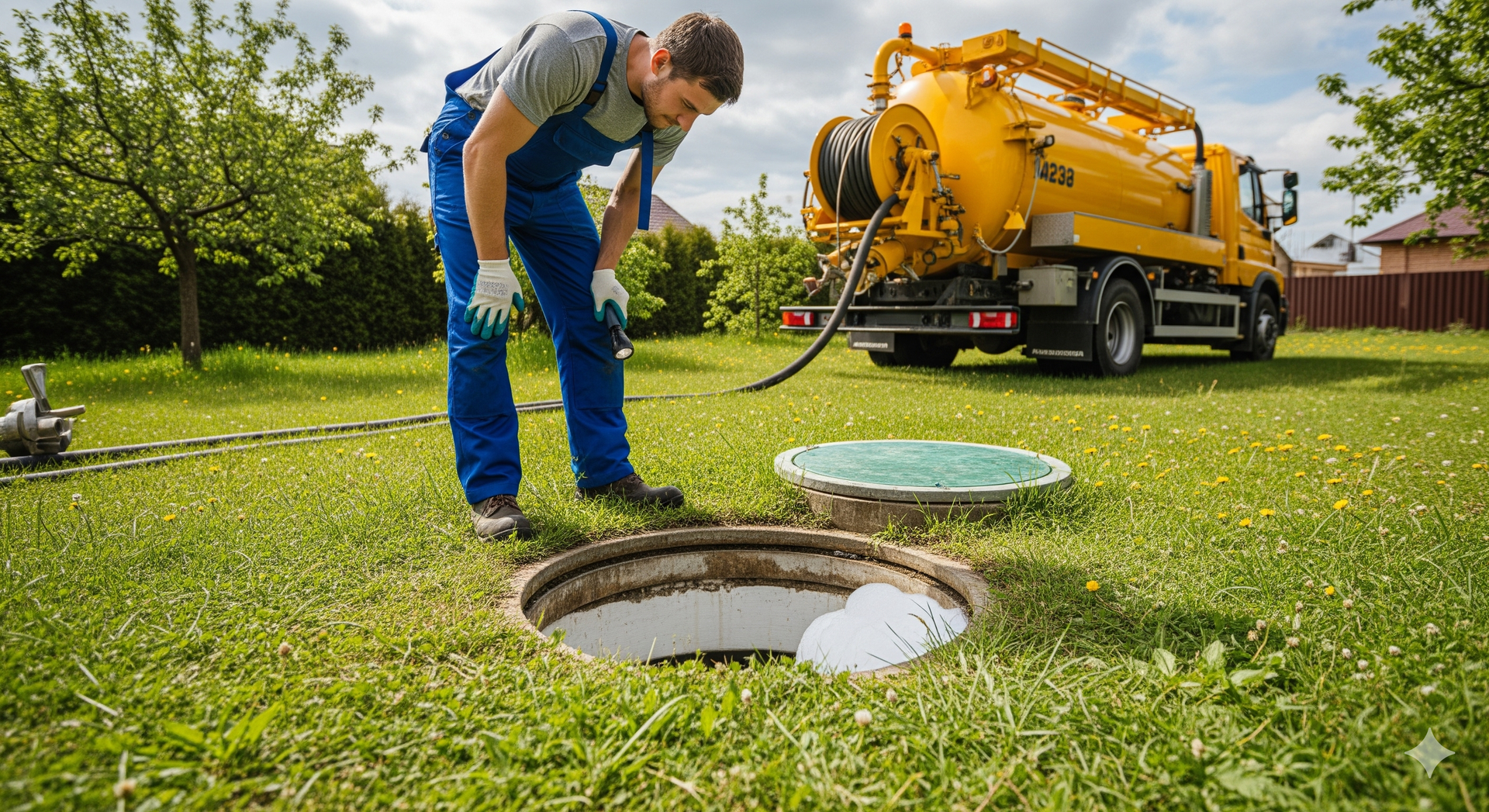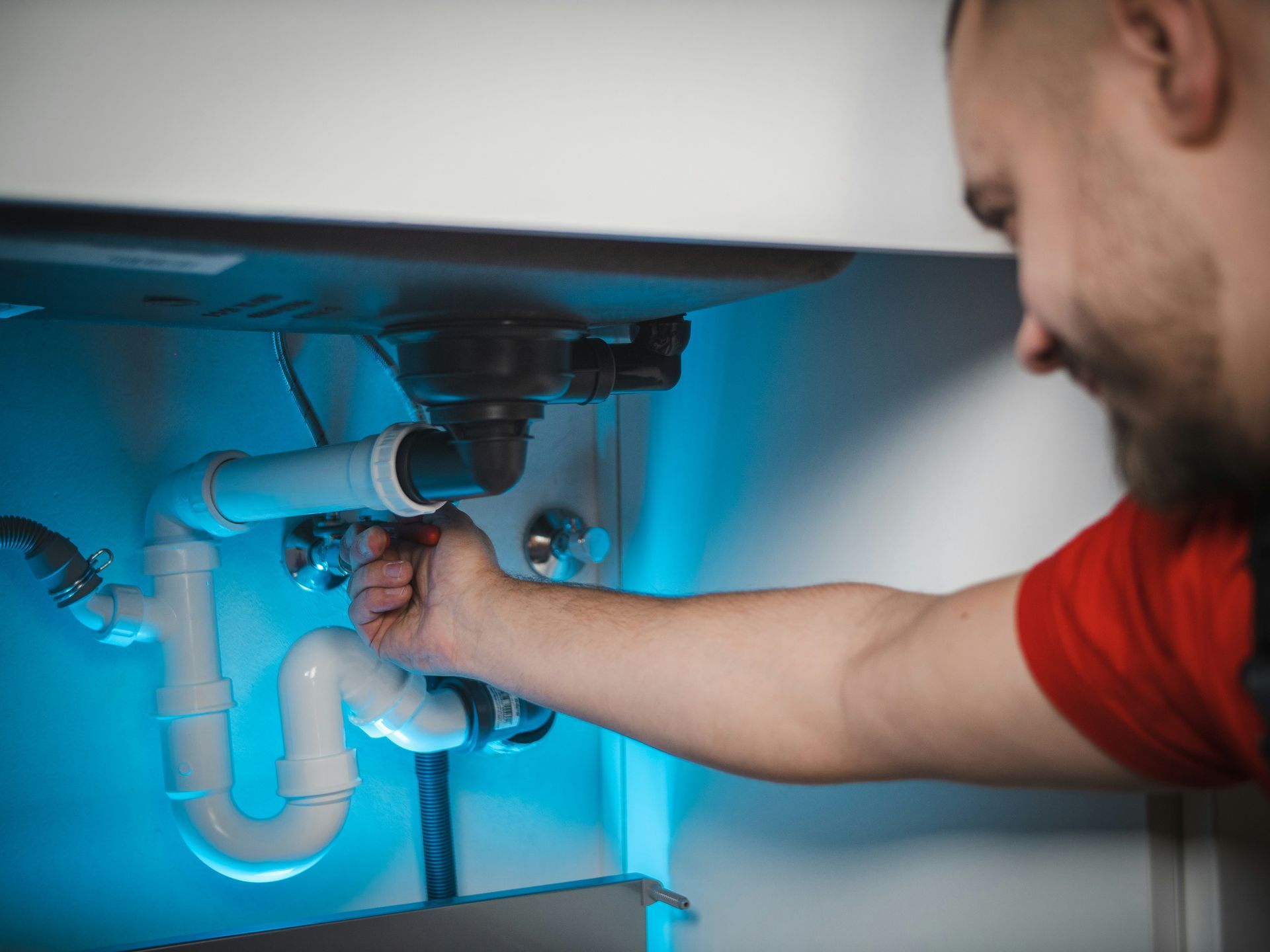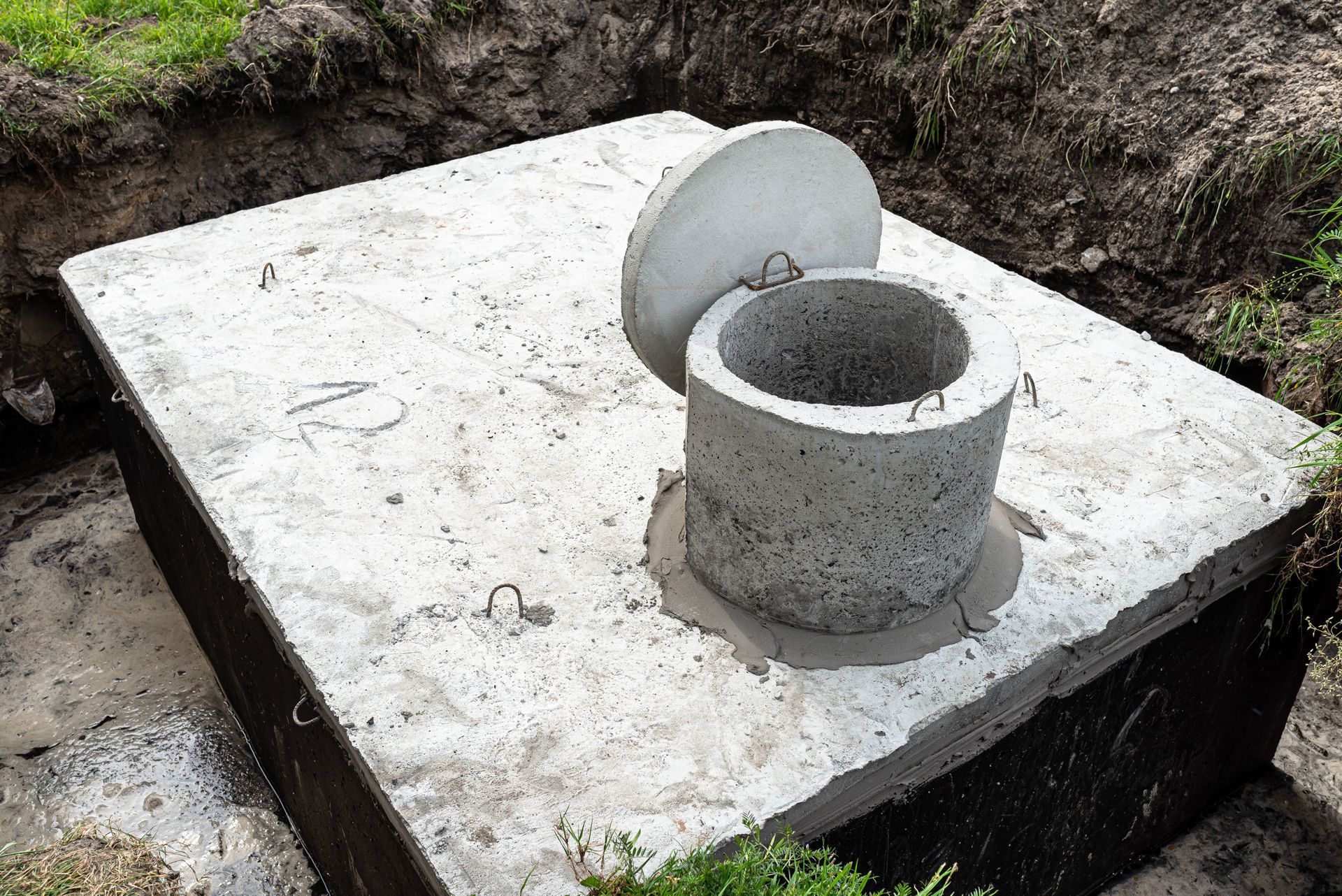Top Signs You Need a Plumber in Hammond, IN
Your home’s plumbing system silently supports your daily routine — until something goes wrong. From the shower that barely sprays to the mysterious puddle under your sink, plumbing issues often start small and gradually worsen until they cause serious damage.
For homeowners in Hammond, IN, spotting early signs of trouble can mean the difference between a simple repair and a costly emergency. Knowing when to call a plumber Hammond, IN residents rely on helps protect your home, your budget, and your peace of mind.
This guide breaks down the most common warning signs that signal you need residential plumbing repair or immediate emergency plumbing Hammond services.
Key Takeaways
- Persistent low or fluctuating water pressure often points to leaks or corroded pipes.
- Multiple slow drains signal main line blockages that require professional clearing.
- Discolored or foul-smelling water is a red flag for corrosion or bacteria.
- Rising water bills often mean hidden leaks are wasting gallons every day.
- Unusual noises, stains, or moisture buildup suggest damage requiring quick repair.
1. Water Pressure Problems
When water pressure suddenly drops or fluctuates, it’s more than an annoyance; it’s a symptom. Mineral buildup in aerators or showerheads is one of the simplest causes, but if cleaning doesn’t help, the problem may lie deeper.
Aging pipes in older Hammond homes often corrode from the inside, restricting water flow. The corrosion narrows pipe diameters and creates rough surfaces that collect sediment, leading to inconsistent pressure throughout your home.
High pressure, on the other hand, might feel satisfying at first but can be equally destructive. It strains pipe joints, damages valves, and shortens appliance lifespan. A plumber Hammond IN can check your system’s pressure with a gauge and install a pressure-reducing valve to prevent long-term damage.
If you notice that pressure varies between fixtures, that’s a strong indicator of a hidden leak or failing regulator. Inconsistent flow during different times of day may also signal shared supply issues in your neighborhood. Ignoring pressure problems often leads to leaks behind walls or slab foundations — repairs that can cost thousands.
Preventive maintenance, including annual pressure testing, can keep your system balanced and efficient. A professional plumber can also flush sediment from your lines to restore flow and extend your plumbing’s lifespan.
2. Slow Drains and Frequent Clogs
Clogged drains are among the most common plumbing complaints, but recurring clogs are never normal. If you find yourself unclogging the same sink or toilet every few days, your system likely has buildup deeper in the pipes.
When multiple fixtures drain slowly, such as the shower and the kitchen sink, the problem is often in the main sewer line. Over time, tree roots, grease, or debris can block water flow, leading to backups. If wastewater begins appearing in your basement drains or toilets gurgle when other fixtures run, it’s time for emergency plumbing Hammond service.
Attempting to clear a main line clog with store-bought chemicals can worsen the problem by corroding pipes. Professional plumbers use camera inspections and hydro-jetting equipment to safely clear blockages and assess the pipe’s condition.
To prevent future clogs, avoid pouring grease down drains, use hair catchers in bathrooms, and schedule routine maintenance. The cost of a preventive cleaning is far less than dealing with a sewage backup.
When in doubt, remember: if more than one drain is acting up, the problem isn’t isolated, it’s a system-wide issue that requires expert attention.
3. Discolored or Foul-Smelling Water
Clean, odorless water is a must for any home. If your water turns brown, yellow, or orange, it’s often a sign of rust or sediment coming from aging pipes or an old water heater. Hammond’s older neighborhoods still have many homes with galvanized steel plumbing that deteriorates over time, releasing rust particles into the water supply.
Sometimes, discoloration only occurs when using hot water, indicating your water heater tank is corroding internally. Flushing the tank annually can remove sediment, but if the water remains murky, replacement may be necessary.
Cloudy or milky water that clears after standing is caused by air bubbles, which are harmless but worth monitoring. However, water that stays cloudy likely contains fine sediment or bacterial growth, both of which requiring professional inspection.
Odors are another telltale sign. Rotten-egg smells suggest sulfur-producing bacteria, while metallic odors point to deteriorating pipes. In either case, professional treatment can restore your home’s water quality and eliminate contamination risks.
If you ever notice a sudden change in taste, color, or smell, avoid drinking or cooking with the water until it’s tested. Clean water isn’t just about comfort; it’s about safety.
4. Unexplained High Water Bills
Water usage patterns rarely change drastically, so an unexpected spike in your bill is usually caused by a leak. Even small leaks add up fast; a dripping faucet can waste more than 3,000 gallons per year.
Hidden leaks are especially dangerous. They often occur behind walls, under floors, or beneath the foundation, where they quietly cause structural damage. Over time, moisture from these leaks can warp wood, erode concrete, and promote mold growth.
To confirm a leak, turn off all faucets and appliances, then check your water meter. If it’s still moving, water is escaping somewhere. A plumber can pinpoint the source using specialized tools such as acoustic sensors and thermal imaging.
Fixing leaks promptly protects both your wallet and your home. In some cases, a professional may recommend pressure testing or re-piping if your plumbing is outdated or showing widespread corrosion.
5. Strange Plumbing Noises
Plumbing sounds are often your first clue that something’s wrong. A quiet system is healthy; a noisy one isn’t.
- Banging or
hammering: Caused by water suddenly stopping in pipes. The pressure shock can loosen fittings.
- Gurgling: Usually means trapped air or forming clogs blocking proper drainage.
- Whistling or screeching: Indicates high pressure or a valve partially closed.
- Rumbling: Often comes from sediment buildup in your water heater.
These noises might seem harmless, but over time, they stress your plumbing system. Calling a residential plumbing repair professional ensures the issue is diagnosed before it leads to cracks, leaks, or bursts.
If the noises are loudest when appliances like dishwashers or washing machines run, pressure regulation is likely the culprit. Installing a water hammer arrestor or pressure regulator can restore quiet operation and prevent long-term wear.
6. Visible Water Damage and Mold
Water stains on ceilings, peeling paint, or warped flooring all indicate hidden leaks. Even if the surface looks dry, moisture may still be trapped behind walls or under flooring.
Mold is a strong sign of persistent leaks. It thrives in dark, damp spaces behind drywall and under sinks. If you notice musty smells or fuzzy patches of mold, contact a plumber Hammond IN immediately. Mold not only damages property but also triggers respiratory problems.
Warped or spongy floors often suggest water intrusion from below — possibly from leaking supply lines or slab leaks under your foundation. In these cases, you’ll likely need emergency plumbing Hammond services to locate and stop the source before further damage occurs.
A professional plumber can use moisture sensors and inspection cameras to trace the problem without unnecessary demolition. The sooner you act, the less damage water can do.
When to Call for Emergency Plumbing Services
Some plumbing issues can’t wait until morning. If a pipe bursts, your water heater fails, or sewage backs up into your home, you’re facing an emergency.
Call an emergency plumbing specialist if you encounter:
- Flooding from burst or frozen pipes
- Sewage backups or foul odors from drains
- No running water or no hot water in cold weather
- Gas smells near appliances or heaters
While waiting for help, shut off your home’s main water supply to prevent further flooding. If there’s gas involved, leave the home immediately and contact emergency services.
Reliable plumbers in Hammond are equipped to handle these crises safely and quickly, minimizing damage and restoring normal operation.
DIY vs. Professional Plumbing Repairs
Homeowners can be tasked to do some small repairs, such as tightening loose fittings, replacing faucet aerators, or plunging minor clogs. These are safe, low-risk maintenance tasks.
However, anything involving water lines, sewer systems, or water heaters should be left to licensed professionals. Without proper tools or knowledge, a DIY attempt can lead to flooding, code violations, or even voided insurance coverage.
Professional plumbers not only complete repairs correctly but also check your system for related issues you might overlook. They understand Hammond’s local building codes, ensuring all work meets inspection standards.
In addition, reputable plumbing companies offer warranties on their labor and materials, giving you peace of mind. They also carry liability insurance, so you’re protected if something goes wrong.
Think of professional plumbing as an investment: it keeps your system safe, efficient, and up to code. If you’re unsure whether to attempt a fix, call a plumber Hammond IN and ask. A quick consultation can prevent expensive mistakes.
Frequently Asked Questions
How quickly should I call a plumber when I notice a problem?
Call a plumber Hammond IN within 24 hours for minor issues like slow drains or dripping faucets that waste water and can worsen rapidly. For serious problems like burst pipes, sewage backups, or flooding, contact emergency plumbing Hammond services immediately to minimize damage and health risks.
What qualifies as a plumbing emergency?
Plumbing emergencies include burst pipes, sewage backups, major leaks causing flooding, complete water system failures, and gas leaks near water heaters. These situations pose immediate risks to your property and safety, requiring urgent professional intervention to prevent extensive damage, health hazards, or dangerous conditions in your home.
Can small leaks wait or do they need immediate attention?
Small leaks should not wait because they waste significant water, increase utility bills, and cause hidden damage to walls, floors, and structural elements over time. Even minor drips can waste thousands of gallons annually while creating conditions for mold growth and wood rot that compromise your home's integrity and require expensive repairs.
How do I find the main water shutoff in my Hammond home?
The main water shutoff valve is typically located where the water line enters your home, often in the basement near the front wall, in a crawl space, or in a utility room. Some homes have outdoor shutoff valves near the street or property line in a covered box marked with a water meter symbol.
What causes recurring clogs in the same drain?
Recurring clogs indicate underlying problems like improper drain slope, damaged pipes with rough interiors that catch debris, tree root intrusion into sewer lines, or buildup of materials like grease and soap scum. These issues require professional residential plumbing repair to diagnose the root cause and implement permanent solutions rather than temporary fixes.
Final Thoughts
Your plumbing system is vital to your home’s safety and comfort — and it’s constantly giving you signals. From pressure changes and strange noises to stains or rising bills, each sign warns you that something isn’t right.
Addressing small problems early saves you from bigger, costlier disasters later. Whether you need routine residential plumbing repair or urgent emergency plumbing services, act quickly to protect your investment and your family’s comfort.
Don’t wait for leaks or clogs to spiral out of control. Contact a trusted
plumber Hammond IN today to keep your plumbing system efficient, reliable, and built to last.
Call our trusted plumbers in Hammond IN today for fast, reliable residential plumbing repair and emergency service.
Reference:
https://www.dft-valves.com/applications/water-hammer/
